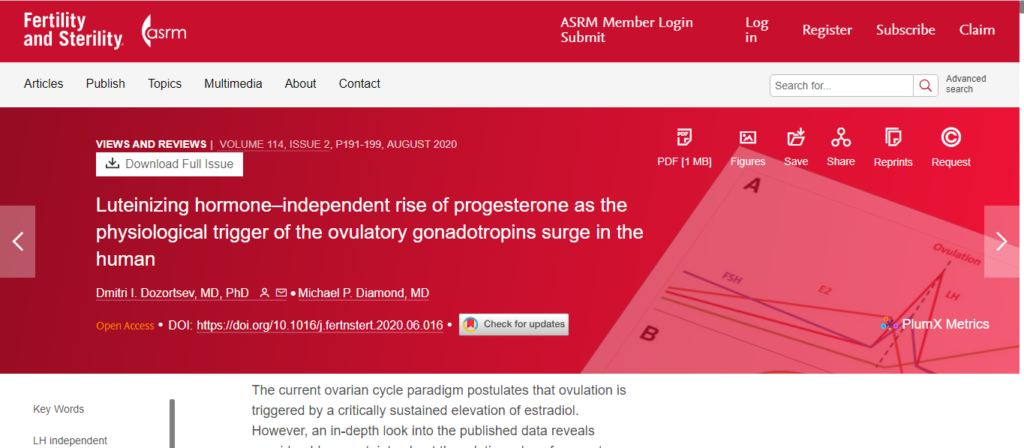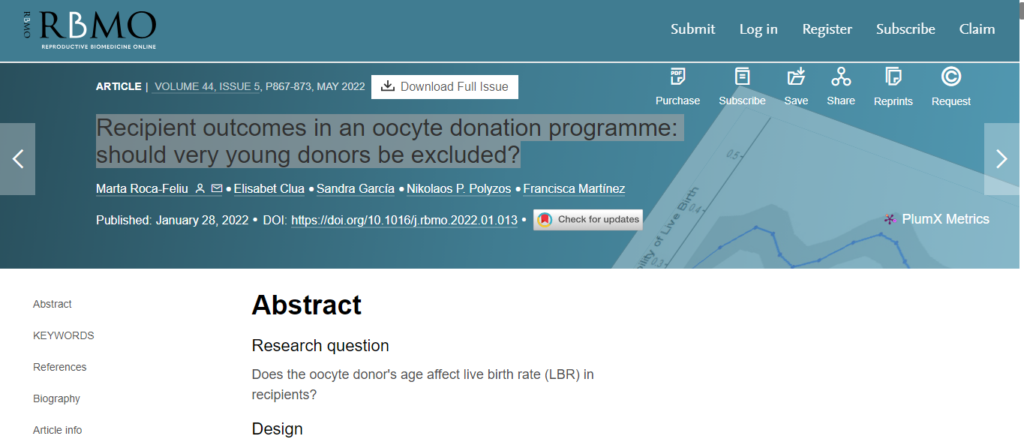Many women experience anxiety and depression as a result of infertility. Learn how to find the right support system and equip yourself with the tools needed to navigate this difficult journey.
Infertility impacts about 10% of women in the United States, according to the Centers for Disease Control and Prevention. Navigating the social pressures, treatment options, financial decisions, and psychological stressors associated with infertility can lead to a myriad of complex emotions. Many women experience deep feelings of inadequacy, anger, low self-esteem, guilt, and uncertainty.
It’s important to know that these feelings are completely normal and are a common response to the stress and emotional toll of infertility. In fact, many believe that women coping with infertility have stress levels equal to those facing illnesses like cancer or chronic pain. These complicated emotions may manifest themselves in a number of ways, including:
- Changes in appetite
- Difficulty concentrating
- Panic attacks
- Trouble sleeping
- Loss of sex drive and inability to orgasm
If you’re coping with infertility and experiencing any of these symptoms, you’re not alone. Millions of women — and men — across the country struggle with anxiety and depression as a result of difficulties conceiving. While it can be tempting to isolate yourself from friends and family, this can compound feelings of sadness and loss. Instead, it’s critical to reach out and get support. There’s a whole community waiting to help you through this challenge.
Where to Seek Support
There are many avenues of support available for women coping with infertility. It’s important to find the right one for you and take that first step. If you’re experiencing any of the complex emotions identified above, try connecting with:
- A Counselor: Infertility mental health counselors provide a safe space to help you manage the many physical and emotional effects of infertility, better communicate with your partner, and implement coping strategies to minimize unhealthy feelings or thoughts. Qualified infertility professionals understand your grief, frustration, and confusion, and can help guide you through the phases of infertility treatment.
- Friends and Family: Many well-meaning members of your family and friend group want to help, but they may not know how. Identify the people in your life you trust the most and share how you’re feeling. Go on regular walks with an old friend or set aside a time to call a beloved relative. Having this opportunity to vent and share your ups and downs can take more weight off your shoulders than you realize.
- Support Groups: Thousands of support groups congregate online and in community spaces across the country. Connecting with the men, women, and couples within these groups can help validate many of your own experiences. You can also learn from the insight of those who have been through similar situations. Resolve, The National Infertility Association, has put together this database to help you find the right support group for you.
- Your Physician: Your OBGYN has extensive experience with reproductive wellness and is equipped to answer many of your questions and concerns surrounding infertility. Don’t be afraid to talk to your doctor and gather the information you need to make informed decisions and fully understand what infertility means for you.
- Your Partner: It can be easy to turn away from your partner during this difficult time, but infertility is easier to cope with when you navigate it together. Express how you feel to your partner and listen to their own struggles. This can bring you closer and deepen your bond as you make decisions as a team.
- Yourself: Practicing self-care is especially critical during this period of emotional and physical stress. Take time to reconnect with yourself, whether it’s through a yoga class, massage, acupuncture session, or any wellness activity that provides you with a sense of comfort and peace.
If you’re struggling with infertility, schedule a consultation with Advanced Fertility Center of Texas. Our specialists are here to answer your questions and provide you with the resources you need to move forward.



